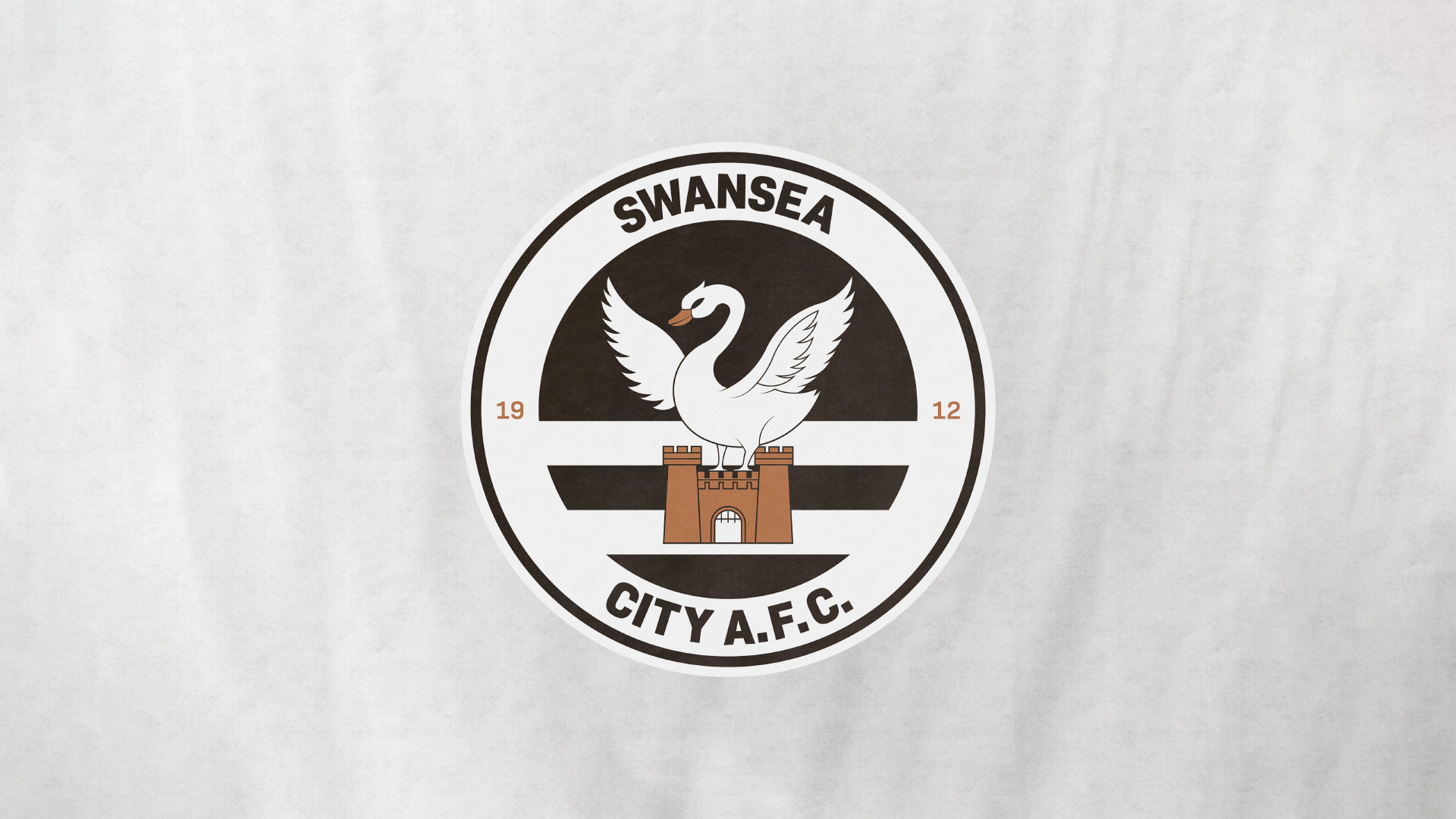Swansea City confirm latest accounts
Swansea City has reported a pre-tax loss of £4.6m for the financial year ending July 31, 2021 in its latest set of accounts.
This follows a profit of £2.7m from the previous year (July 31, 2020) and a loss of £7m from the financial year ending July 31, 2019. All figures are before taxation.
Turnover for the year was down to £27.5m compared to £50m for the previous year, owing to the final year of the club’s Premier League parachute payments and a whole season played behind closed doors due to the Covid-19 pandemic.
Broadcast revenue was £21.6m compared to £38.9m the previous year, while commercial revenue dropped to £1.2m compared to £2.6m. Matchday income also fell to £1.7m from £4.8m, however this was due to no supporters being allowed into stadiums, while the income arrived from fans who decided to leave their season ticket monies in the club.
The club’s commercial revenue accounts for the sale of merchandise online as well as streaming of fixtures played during the 2020-21 season.
The impact of Covid-19 was prevalent across the club’s commercial arm, with no match day ticket sales being available due to government restrictions and the closure of all hospitality and catering arms within the club.
The latest set of accounts cover the duration of the 2020-21 season in which all league games were played behind closed doors due to Covid-19, with a significant drop in matchday income a direct result.
The club’s total operating costs reduced to £47.8m, including player amortisation and impairment costs of £4.6m, from £64.5m in 2020.
The club employed an average of 244 members of staff, including playing staff, backroom staff and part-time matchday staff, during the year at a cost of £27.7m. This compared to 321 staff members at a cost of £40.2m the previous year – a reduction in staff costs of £12.5m.
The accounts also include the sale of Joe Rodon to Tottenham Hotspur, while no dividends were paid to shareholders during the financial year.
The club’s only borrowing came in the form of two interest free loans from the EFL that were made available to all Championship clubs as a result of the pandemic, and convertible loan notes that came as a result of director Jake Silverstein’s investment in August 2020. This funding was also matched by Swansea Football LLC.
“These accounts covered an extremely uncertain period for all clubs with the entirety of 2020-21 league season played behind closed doors,” said Swansea City chief executive Julian Winter.
“It was also our final year of receiving parachute payments following relegation from the Premier League, with the club continuing to commit to a long-term model of being financially stable.
“We remain hugely appreciative of our fans who continued to show their immense support for this club during the pandemic, with supporters opting to keep their monies in the club despite not being able to go to games.
“Our loyal supporters continued to spend their hard-earned money with the club despite the uncertainty brought about by the pandemic, for which jobs and the cost of living would have been a concerning one within the community.
“The club remains in a comparatively positive financial position within the Championship as we strive to be sustainable whilst ensuring we remain competitive on the pitch in order to achieve our long-term ambition of returning to the Premier League.”
